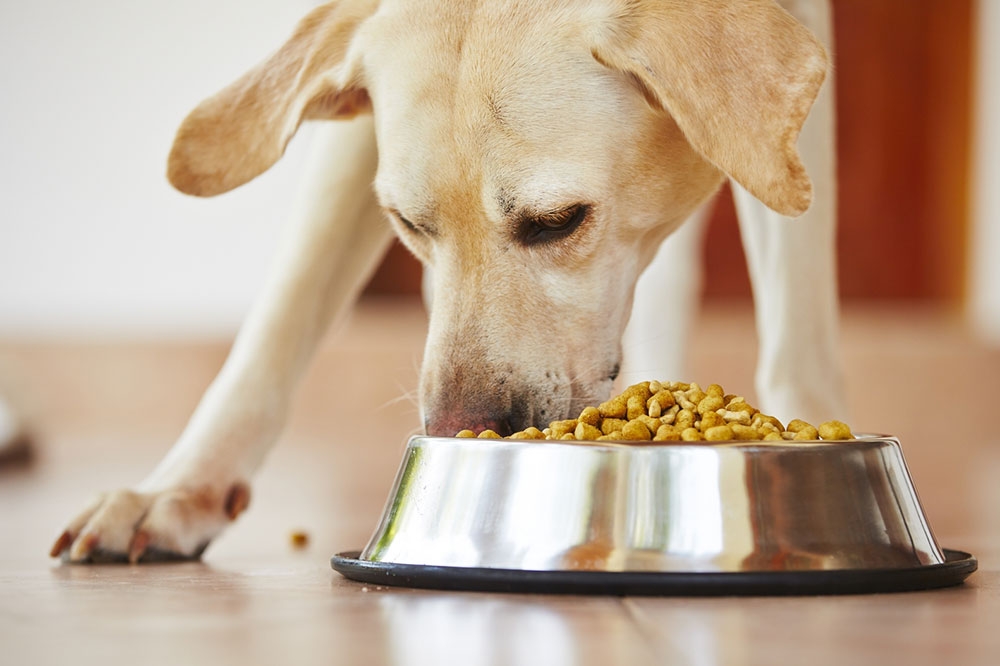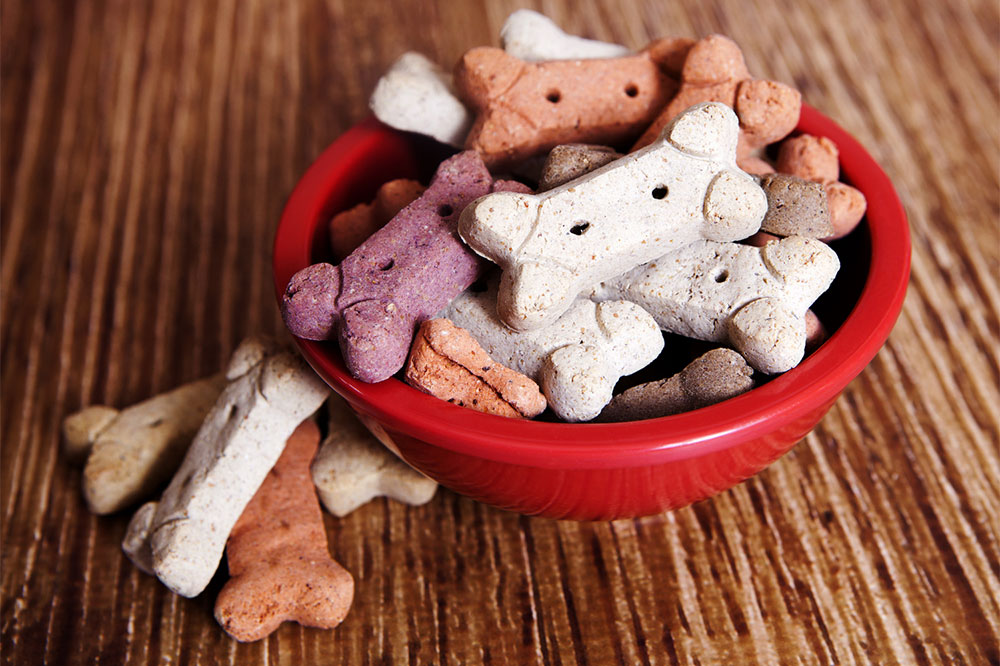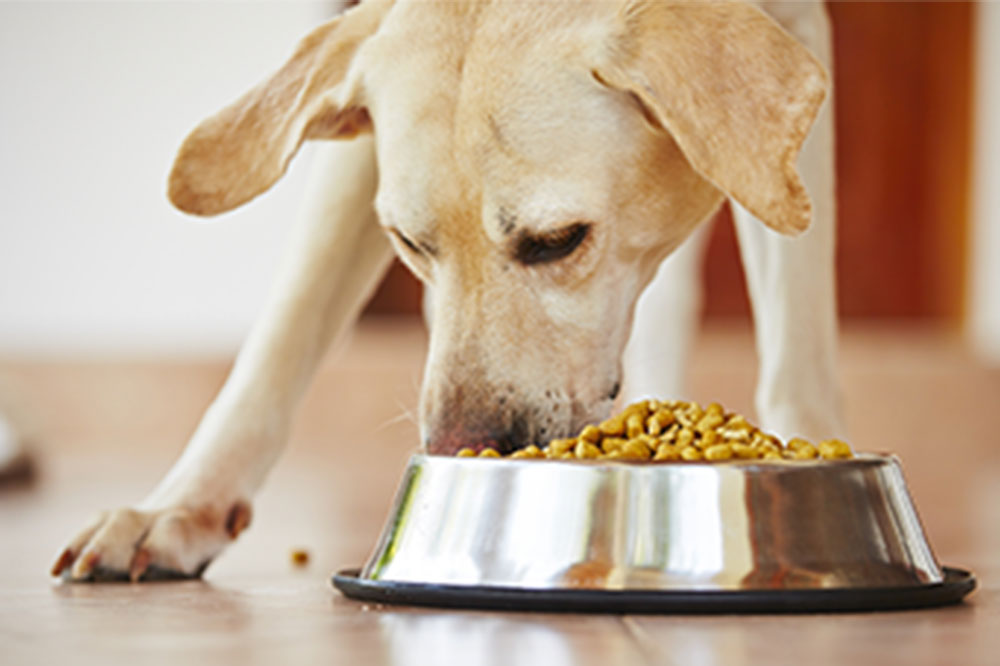A Complete Guide to Managing Your Dog’s Digestive Sensitivities for Better Health
This comprehensive guide offers valuable insights into managing digestive sensitivities in dogs by focusing on diet, symptoms, and lifestyle adjustments. Learn how to identify signs of upset, select appropriate foods, and incorporate exercise and essential nutrients to promote gut health. Tailoring your approach to your dog’s individual needs can help prevent discomfort and improve their overall quality of life. Whether your pet has mild sensitivities or chronic issues, this article provides expert tips to support their digestive health effectively.

Ensuring your furry friend's digestive health is crucial for their overall well-being and happiness. Many dogs, especially those with sensitive stomachs, tend to explore their environment by nibbling on various objects or ingesting anything they find outdoors. While some dogs are naturally more curious and prone to such behaviors, others may develop gastrointestinal issues due to consuming inappropriate foods or treats. Recognizing the signs of digestive discomfort and proactively managing their diet can significantly improve their quality of life. This comprehensive guide provides in-depth advice on how to identify, prevent, and treat digestive sensitivities in dogs, emphasizing the importance of selecting proper nutrition tailored for sensitive stomachs.
Digestive sensitivities in dogs can manifest through a variety of symptoms. Pet owners should be vigilant for issues such as intermittent diarrhea, occasional vomiting, bloating, gassiness, and reduced appetite, all of which may indicate underlying gastrointestinal problems. Early detection is key to preventing the condition from worsening and causing further discomfort for your pet. If your dog shows signs such as frequent stomach upset or irregular bowel movements, consulting a veterinarian is highly recommended to determine the root cause. While occasional minor digestive upset can be normal, chronic or recurring symptoms often require dietary modifications and specialized care.
One of the primary approaches to managing digestive sensitivities involves paying close attention to the dog's diet. The goal is to minimize irritants and provide easily digestible nutrition. Many commercial dog foods contain fillers, artificial preservatives, or ingredients that may irritate sensitive stomachs, so choosing high-quality, hypoallergenic options is essential. Ingredient lists should include easily digestible proteins such as chicken, turkey, or fish, and avoid common irritants like onions, garlic, spicy seasonings, and artificial additives. Simplifying your dog's diet by reducing treats and supplementary foods that could trigger sensitivities also helps to maintain gastrointestinal health.
Supporting healthy digestion goes beyond simply choosing the right food. It involves offering a balanced diet rich in essential nutrients. Incorporating sources of dietary fiber, including both soluble and insoluble fibers, is beneficial in promoting regular bowel movements and maintaining gut health. Soluble fiber, found in oats and certain vegetables, forms a gel-like substance in the intestines, aiding in consistency of stool. Insoluble fiber, found in whole grains and some fruits, adds bulk to the stool and helps prevent constipation. Together, they facilitate smooth digestion and can help soothe sensitive stomachs.
Vitamins and antioxidants are also vital in bolstering your dog's overall health and immune function. Vitamins A, C, and E, along with beta-carotene and selenium, play crucial roles in reducing inflammation and oxidative stress within the gastrointestinal tract. Including these nutrients in your pet’s diet can enhance their resilience against digestive disturbances and support tissue health. Consult your veterinarian regarding appropriate supplementation options or choose specialized dog foods that are formulated to include these beneficial antioxidants.
If your dog’s digestive issues persist despite dietary adjustments, consider transitioning to a different wholesome and medically formulated diet gradually. Sudden changes in diet can upset the stomach further, so it’s important to introduce new foods slowly over a period of 7-10 days. This gradual transition helps your dog adapt without experiencing additional gastrointestinal distress. During flare-ups, feeding smaller, more frequent meals—usually three times daily—can help ease digestion and prevent overloading the stomach. Also, ensure your dog remains well-hydrated, as water is essential for digestion and overall health.
Exercise plays a pivotal role in maintaining a healthy digestive system. Regular walks, ideally about a mile each day, promote gastrointestinal motility and help prevent issues like constipation and bloating. Exercise also aids in controlling your pet’s weight, which is a significant factor in digestive health. During periods of digestive sensitivity or after overeating, gentle walks help stimulate the digestive tract while avoiding strenuous activity that might cause discomfort. Incorporating daily physical activity creates a holistic approach to keeping your dog’s stomach functioning optimally.
In conclusion, managing digestive sensitivities in dogs requires a multifaceted approach that combines proper nutrition, exercise, and vigilant observation. By selecting high-quality, digestible foods tailored for sensitive stomachs, providing regular physical activity, and recognizing early symptoms of digestive distress, you can enhance your pet’s comfort and health. Remember that every dog is unique, and consulting with a veterinarian is the best way to develop a personalized care plan suited to your pet’s specific needs. With attentive care and the right dietary strategies, your furry companion can enjoy a healthier, happier life free from digestive issues.





